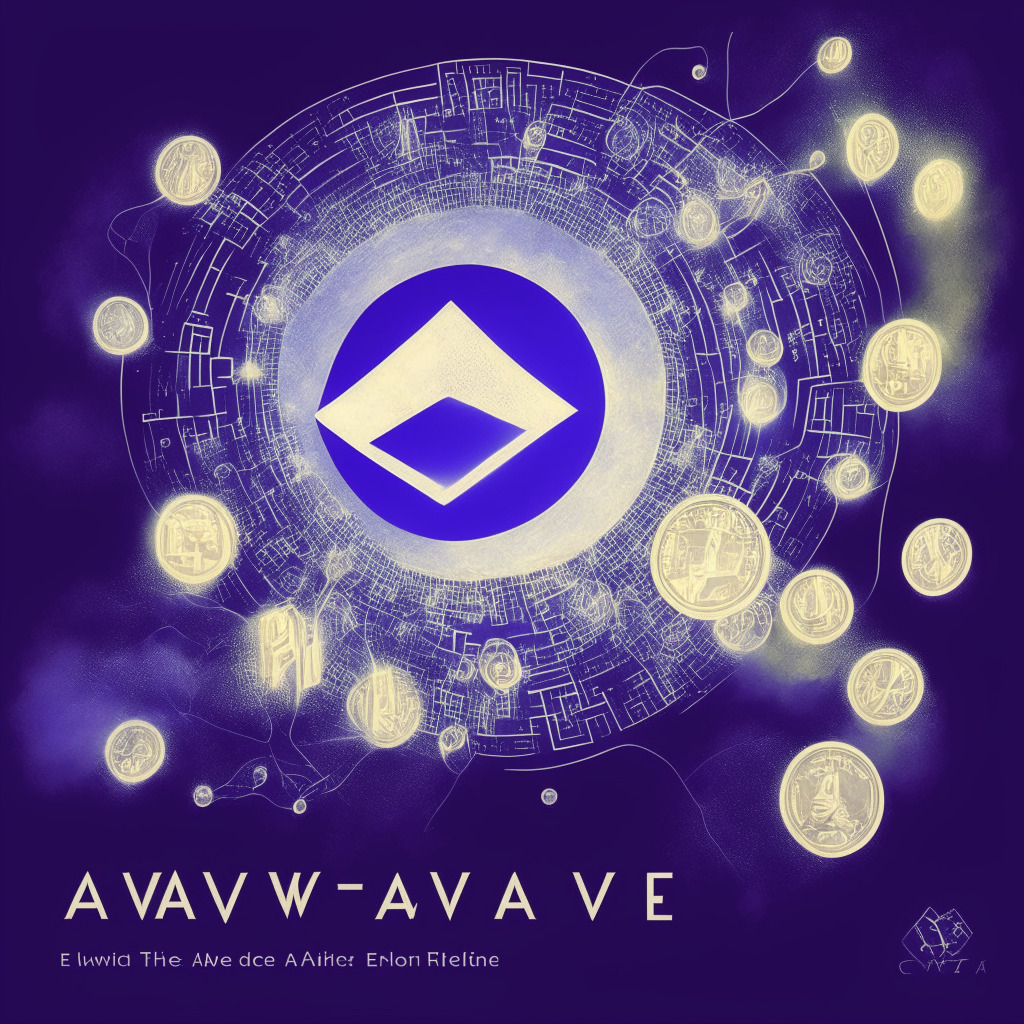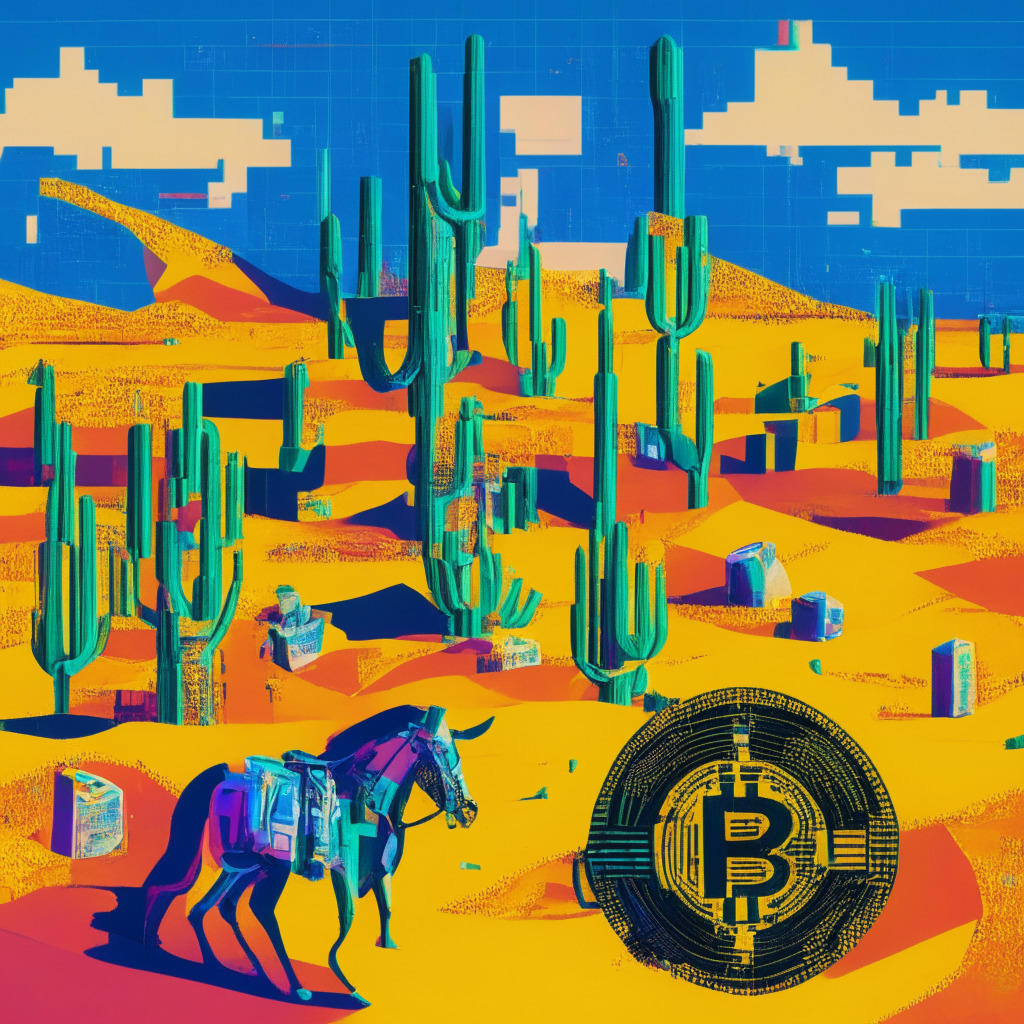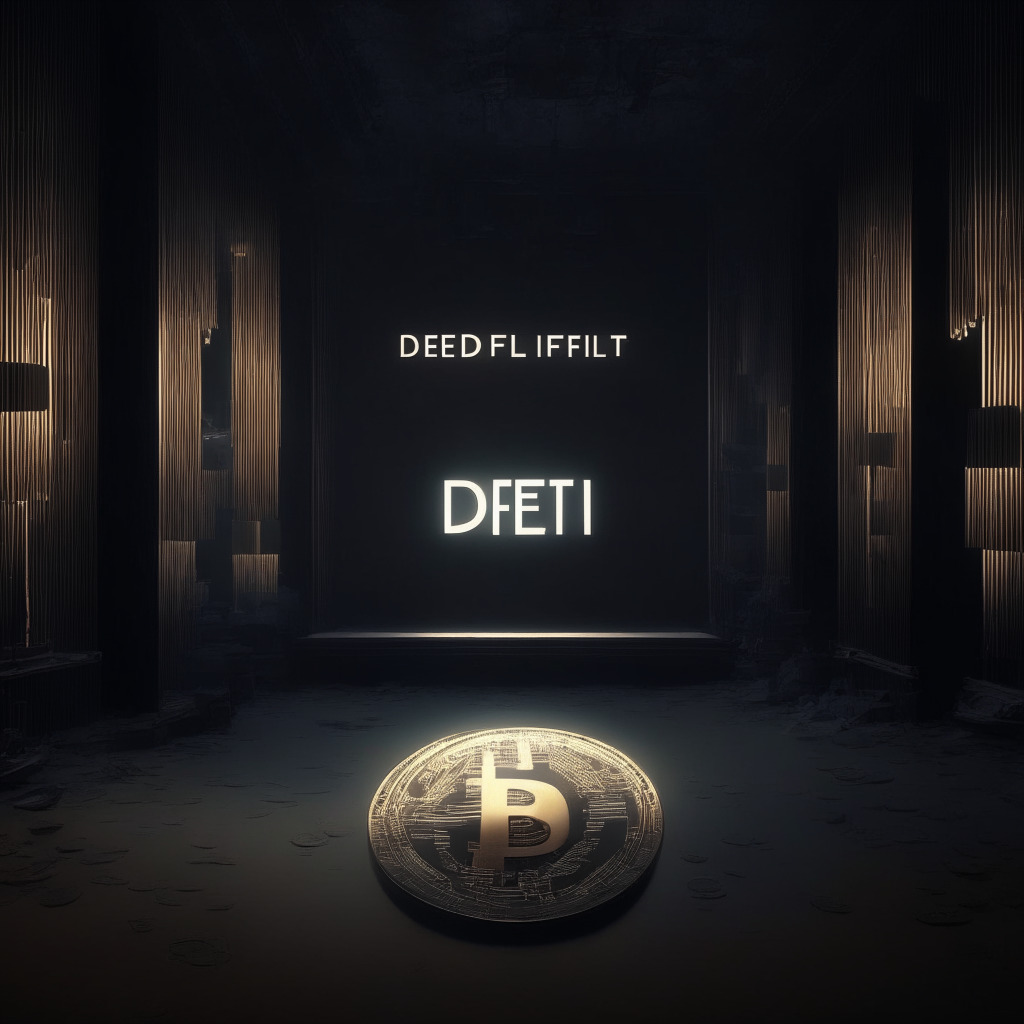In an impactful development, Aave DAO may introduce the gho (GHO) stablecoin to the Ethereum blockchain. If approved, GHO would disrupt decentralized finance by allowing users to mint GHO against their token holdings on Aave’s platform, potentially boosting Aave DAO’s revenue.
Search Results for: Aave Companies
Aave’s GHO Stablecoin: Innovative Benefits vs Decentralization Risks on Ethereum Mainnet Launch
Aave’s innovative stablecoin, gho (GHO), nears Ethereum mainnet launch with proposals for V3 Ethereum Facilitator and FlashMinter Facilitator. Backed by a basket of cryptocurrencies, gho aims for decentralization, passive income opportunities, and benefits for Aave’s decentralized autonomous organization (DAO) while confronting potential risks.
Unveiling Consensys Fellowship Program: Catalyst for Web3 Startups or Impractical Venture?
Blockchain leader Consensys introduces its first Consensys Fellowship Program, aiming to support Web3 startups. The non-equity program offers potential investments of up to $1.5 million, hands-on workshops, mentorship from industry professionals, and flexible part-time structure. It encourages innovative Ethereum use cases and startup growth.
Fostering Adoption of Traditional Assets on Blockchain: The Role of the Tokenized Asset Coalition
Crypto industry leaders, including Coinbase and Circle, form the Tokenized Asset Coalition to spur adoption of traditional financial assets on blockchain. The coalition’s aim is to bring the “next trillion dollars of assets” to blockchain technology through education and advocacy, fostering the adoption of public blockchains, asset tokenization, and institutionalized decentralized finance (DeFi). This initiative predicts a more efficient, cost-effective, and transparent system with the adoption of tokenized assets.
Redefining Value: The Digital Frontier of Tokenized Real-World Assets
“Tokenized real-world assets are becoming mainstream with firms like Coinbase, Circle, and Aave forming the Tokenized Asset Coalition to promote the transition to decentralized finance. Predictions estimate tokenized assets reaching $16 trillion by 2030. Meanwhile, key financial entities globally are considering or offering crypto-related services, signifying a pivotal switch in financial systems.”
Navigating SEC Exemptions in Blockchain: A Deeper Dive into Maple Finance’s Achievement and DeFi Risks
This article explores the landscape of blockchain regulations, focusing on Maple Finance’s recent exemption from SEC regulations. It highlights the growth of the DeFi sector, constant market opportunities, network vulnerabilities and the importance of security and regulatory compliance. The piece also discusses the qualification for individual investors in the U.S.
Alibaba’s AI Rivals Meta’s Llama 2: Unpacking the Open Source Drama and Consequences on DeFi
Alibaba has disclosed two novel open-sourced AI models, Qwen-7B and Qwen-7B-Chat, aiming to enrich AI operations. These models support the academia, researchers, and commercial institutions, offering code, model weights, and documentation access. However, large corporations need a license for use.
Global Tours of Tokenized Real-World Assets: Exploring Blockchain Opportunities and Challenges
This week spotlighted tokenized real-world assets (RWAs), an area projected to reach a $16 trillion market by 2030. Companies like Avalanche are encouraging this trend, while nations like Spain, Colombia, and Hong Kong innovate with equity tokens, decentralized finance, and real estate asset tokenization. Blockchain adoption shows vast potential for growth and inclusivity.
Bitcoin ETPs’ Surge, SG Forge’s Crypto License, and Telegram’s Bond Issuance: July’s Crypto Highlights
“Market research reveals a surge in crypto investors’ funding into Bitcoin ETPs, leading to a $757 million increase. Concurrently, Societe Generale’s SG Forge becomes the first company in France licensed for crypto services. Additionally, Telegram issues $270 million in bonds amid massive growth, while the newly launched stablecoin GHO by Aave indicates market receptivity towards new crypto offerings.”
Bakkt Delists 25 Tokens: Balancing Regulatory Risk and DeFi Innovation
Bakkt has removed support for 25 out of 36 tokens offered by its newly-acquired platform, Apex Crypto, to reduce exposure to risk amidst regulatory changes. This may protect investors but raises concerns about the impact of regulation on DeFi innovation.
Bakkt Delists 25 Crypto Tokens: Strategic Move or Market Overreaction?
Bakkt delisted 25 of 36 crypto tokens on its acquired trading platform Apex Crypto as part of its regular review process, focusing on clients’ best interests and compliance with regulatory guidance. Many dropped tokens were connected to DeFi and NFT ecosystems, leading to skepticism and questions about Bakkt’s decision.
Facing False Statements Allegations: Ex-Celsius CEO Strikes Back in NY Court Case
Alex Mashinsky, former CEO of the bankrupt crypto lending platform Celsius Network, is pushing back against allegations of defrauding investors in response to New York Attorney General Letitia James’ suit. The case highlights pivotal questions surrounding securities regulations in the crypto industry and may set precedents for future actions against crypto companies and executives.











